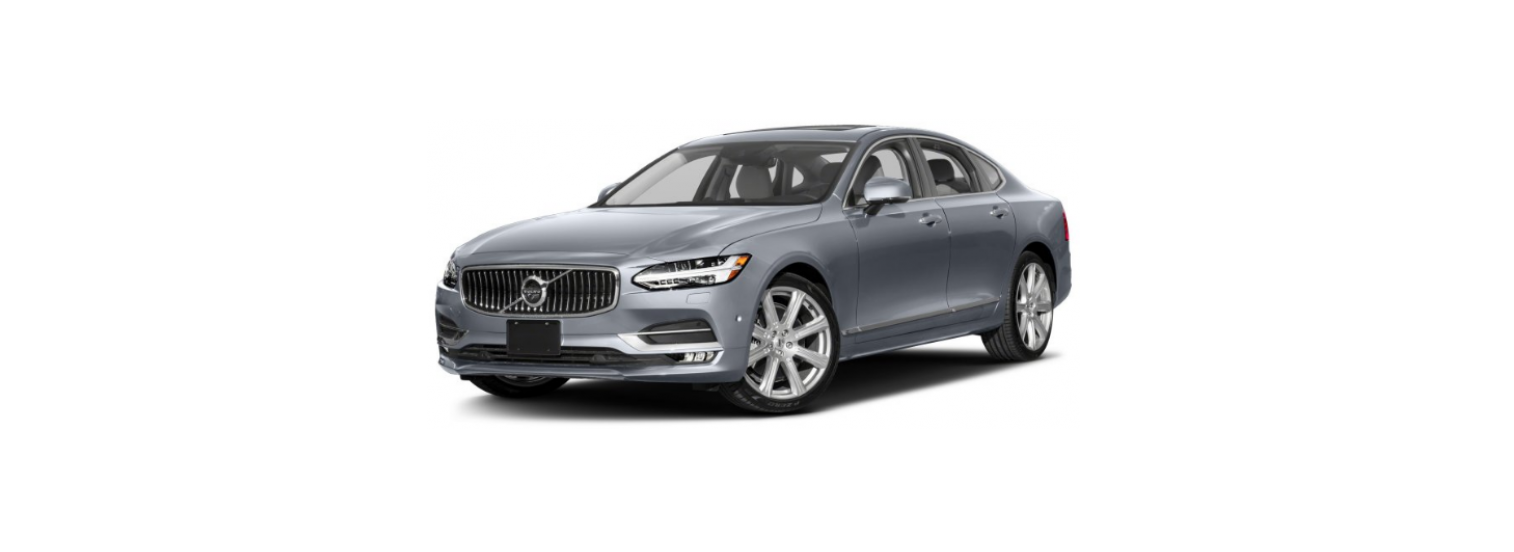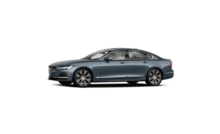- All climate control system functions are controlled from the centre display and physical buttons in the centre console.
- Some functions for the rear seat can also be controlled from the climate controls at the rear of the tunnel console.
- Most climate functions can also be controlled using voice control. Some functions require an Internet connection for use with voice control.
Servicing the climate control system
The air conditioning system must only be serviced and repaired by an authorised workshop.
Troubleshooting and repair
- The air conditioning system contains fluorescent tracing agents. Ultraviolet light is used for leak detection.
- Volvo recommends that an authorised Volvo workshop is contacted.
- The car’s climate control system uses a freon-free refrigerant, either R1234yf or R134a depending on market. Information about which refrigerant the car’s climate control system uses is printed on a decal located on the inside of the front bonnet.
Activating and deactivating ventilated front seat
The seats can be ventilated to provide increased comfort in a hot climate, for example.
The ventilation system consists of fans in the seats and backrests that draw air through the seat upholstery. The cooling effect increases the cooler the passenger compartment air becomes. The system can be activated when the engine is running.
Press the left or right-hand side’s steering wheel and seat button in the climate row in the centre display in order to open the controls for seat and steering wheel.
If the car is not equipped with heated seats or heated steering wheel (for the driver’s side), the button for ventilated seats is immediately available in the climate row.
Repeatedly press the button for ventilated seats in order to change between the three levels: High, Medium and Low.
The level changes and the button shows the set level.
Climate control – sensors
The climate control system has a number of sensors to help control the climate in the car. Do not cover or block the sensors with clothing or other objects.
- Sun sensor – on the upper side of the instrument panel.
- Moisture sensor – in the casing by the interior rearview mirror.
- Temperature sensor for the passenger compartment – by the physical buttons in the centre console.
- Airborne particulate matter sensor – on the underside of the glovebox.
- Outside temperature sensor – in the right-hand door mirror.
With the Interior Air Quality System there is also an air quality sensor that is fitted into the climate control system air intake.
Climate zones
2-zone climate
- Climate zones with 2-zone climate.
With 2-zone climate, the temperature in the passenger compartment can be set separately for the left and right-hand sides.
4-zone climate
- Climate zones with 4-zone climate.
With a 4-zone climate, the temperature in the passenger compartment can be set separately for the left and right-hand sides in both the front and rear seat.
Perceived temperature
- The temperature you select in the passenger compartment corresponds to the physically perceived temperature as affected by factors such as the ambient temperature, air speed, humidity, solar radiation, etc. in and around the car at the time.
- The system includes a sun sensor that detects on which side the sun is shining into the passenger compartment. This means that the temperature can differ between the right and left-hand side’s air vents despite the controls being set for the same temperature on both sides.




